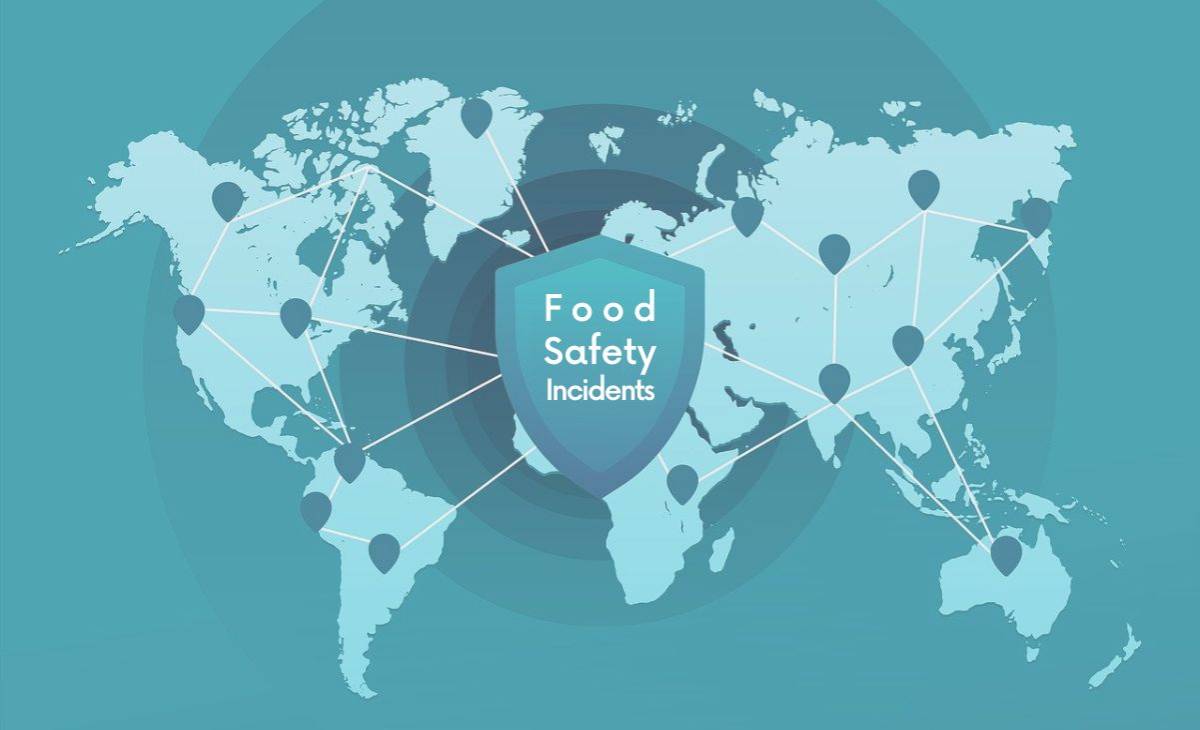International network reports surge in global food safety incidents
The International Food Safety Authorities Network (INFOSAN) has released its activity report for the period of 2020-2021, revealing a significant increase in food safety incidents.
The report, jointly published by the Food and Agriculture Organization (FAO) and the World Health Organization (WHO), highlights a record-breaking response to 375 international food safety events during the two-year period, nearly double the number of incidents reported in the previous period. This surge in food safety emergencies has prompted concerns and calls for stronger collaboration and improved risk communication to ensure the safety of global food trade.
INFOSAN, established in 2004, serves as a vital network connecting national food safety authorities worldwide. Its primary objective is to prevent the international spread of contaminated food and foodborne diseases by facilitating communication, information exchange, and coordination among its members. The INFOSAN Secretariat played a crucial role in the response to the 375 events, enabling effective communication between member countries and providing access to essential information, including the identification of implicated products and the source of outbreaks.
The report suggests several factors that may have contributed to the increase in food safety emergencies. These include greater awareness of food safety risks, improved reporting mechanisms, enhanced collaboration with partners, and increased capacity at both the member and Secretariat levels. The INFOSAN Secretariat has also conducted capacity-building initiatives, strengthening national inter-agency coordination and notifications to INFOSAN, and supporting competent authorities in operating during pandemic-related lockdown conditions.
Biological hazards accounted for the largest number of INFOSAN events, with Salmonella spp. being the most common hazard reported. Undeclared allergens, physical hazards, chemical hazards, and unidentified hazards were also significant contributors to the incidents. Fish and other seafood emerged as the most implicated food category, followed by milk and dairy products, meat and meat products, and snacks and desserts. The majority of the events occurred in the European Region, with the African Region, the Region of the Americas, the Western Pacific Region, the Eastern Mediterranean Region, and the South-East Asia Region also affected.
INFOSAN's involvement in major foodborne illness outbreaks linked to enoki mushrooms from the Republic of Korea in 2020 and Galia melons from Honduras in 2021 demonstrates the network's instrumental role in international collaboration. The Secretariat facilitated information sharing, investigations, and risk mitigation measures among affected countries.
The INFOSAN Activity Report also mentions the Global INFOSAN Strategic Plan 2020-2025, which outlines six objectives aimed at strengthening the network's effectiveness. The report highlights the increased demand for capacity-building activities and incident reporting, indicating the growing importance of INFOSAN as a valuable tool for exchanging information during food safety emergencies.
The surge in international food safety incidents underscores the need for continued collaboration, capacity building, and risk communication to safeguard public health and ensure the safety of global food trade.
Source:






















